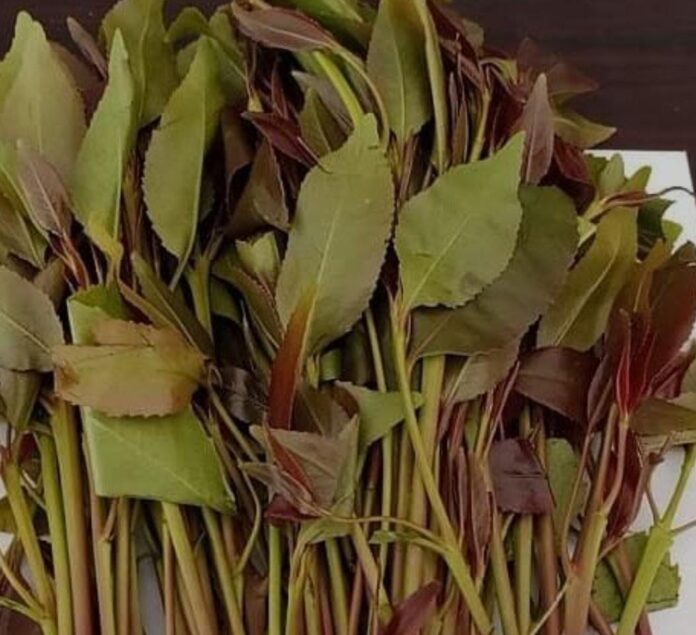By Jane Meza
Mombasa County, Kenya: Governor of Mombasa County Abdulswamad Shariff Nasir and Kilifi Governor Gideon Mung’aro have taken decisive actions to ban the sale, transportation, and use of Muguka in their respective counties, citing its detrimental impact on the community, especially among the youth.
Governor Nasir, speaking at Port Reitz Sub-County Hospital, emphasized that Muguka has become a significant issue along the coast, leading to an increase in mental health problems among young users. “Muguka has been a persistent problem causing severe distress in our coastal communities, especially among the youth who are suffering from mental health issues due to its use,” said Nasir.
Nasir announced the establishment of several centers to help those struggling with addiction and urged Muguka sellers to transition to other businesses issuing a stern warning to anyone caught continuing to sell the drug covertly.
Commonly known as Catha edulis or Khat, Muguka, and Miraa are plants whose fresh leaves and soft twigs are used as stimulants by users. While miraa has a juicy succulent stem that is chewed, muguka is a relatively short shrub with edible leaves.
Chewing of Muguka has gained popularity among youths in major towns including Nairobi and now penetrating other satellite towns at a very fast pace.
The World Health Organization (WHO) lists khat as a drug that creates “dependence” in people. It is banned in countries like the US and Canada.
Further, scientific studies have shown that khat/muguka has which include those on the gastrointestinal system and on the nervous system. Constipation, urine retention, and acute cardiovascular effects may be regarded as autonomic (peripheral) nervous system effects; increased alertness, dependence, tolerance, and psychiatric symptoms as effects on the central nervous system. The main toxic effects include increased blood pressure, tachycardia, insomnia, anorexia, constipation, general malaise, irritability, migraine, and impaired sexual potency in men.

Only a day after Mombasa’s ban, Kilifi Governor Gideon Mung’aro followed suit, causing panic among traders and consumers. In a press briefing, Governor Mung’aro ordered the immediate closure of all retail and wholesale outlets selling and distributing Muguka in Kilifi.
“In exercise of the powers conferred in Section 30(2)(1) of the County Government Act and all other enabling laws of Kenya, I, Gideon Maitha Mung’aro, Governor of Kilifi County, hereby order and direct that there be a total prohibition of the entry, transportation, sale, and use of Muguka and its products within the county,” Mung’aro declared.
He explained that this ban is part of his administration’s efforts to combat the drug menace affecting both children and adults adding that Muguka is not listed as a legal drug by the National Authority for the Campaign Against Alcohol and Drug Abuse (NACADA).
Mungaro further directed that motor vehicles transporting Muguka would be barred from entering Kilifi and instructed county departments and agencies to enforce this order without exception. “In light of the above order, I therefore, with immediate effect, issue a directive to all the Kilifi County enforcement officers through the Directorate of Enforcement to ensure the order is enforced in totality. Any officer found colluding with culprits will face the law and all the disciplinary actions there are,” Mung’aro stated.
The simultaneous bans in Mombasa and Kilifi reflect a strong regional stance against the drug, aiming to protect the health and well-being of their communities.














